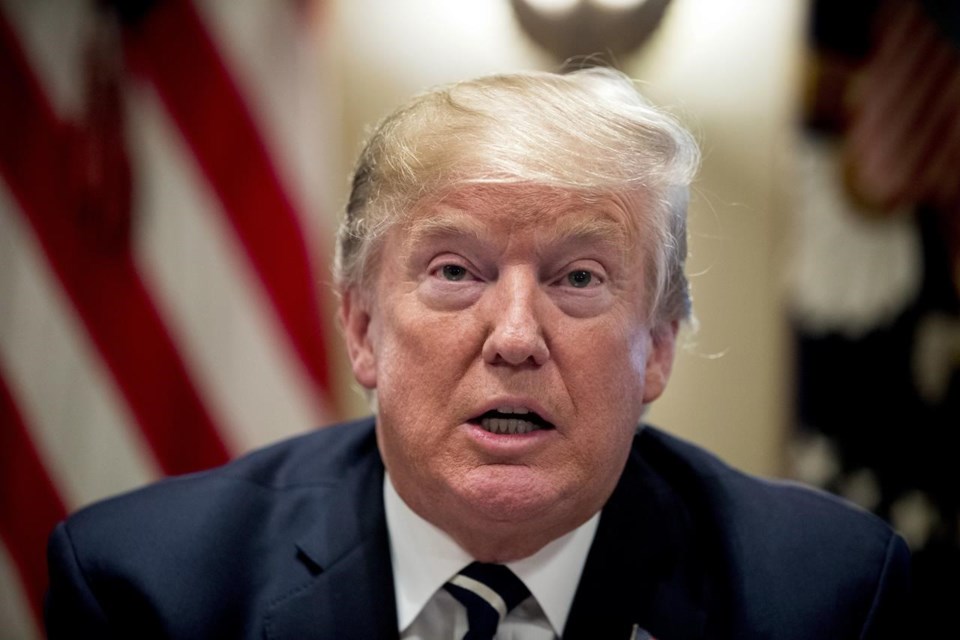WASHINGTON (AP) — Donald Trump’s 2020 election interference case in Washington will be put on hold while the former president further pursues his claims that he is immune from prosecution, a judge ruled Wednesday.
U.S. District Judge Tanya Chutkan, who is overseeing the case, agreed in a three-page order to pause any “further proceedings that would move this case towards trial or impose additional burdens of litigation on Defendant" as an appeals court considers Trump's immunity arguments.
But she left open the possibility of keeping the current trial date of March 4, 2024, if the case returns to her court, saying that date and other deadlines were being put on pause rather than canceled. She also said her order had no bearing on the enforcement of a gag order placing restrictions on Trump's speech outside of court.
Special counsel Jack Smith’s team this week asked the U.S. Supreme Court to take up and rule quickly on whether Trump can be prosecuted on charges accusing him of illegally scheming to overturn his election loss to Joe Biden.
Later Monday, the justices indicated they would decide quickly whether to hear the case, ordering Trump’s lawyers to respond by Dec. 20. The court’s brief order did not signal what it ultimately would do.
Trump appealed to the U.S. Circuit Court of Appeals for the D.C. Circuit after Chutkan turned aside his argument that he is shielded from prosecution for actions he took while fulfilling his duties as president. In her order, Chutkan, who was appointed by President Barack Obama, wrote that the office of the president “does not confer a lifelong ‘get-out-of-jail-free’ pass.”
Smith is attempting to bypass the appeals court, the usual next step in the process, and have the Supreme Court take up the matter directly in the hopes of keeping the March 4 trial date in place.
Smith’s team had told Chutkan not to pause the case, saying the judge could continue to resolve issues unrelated to the appeal while the immunity claim is pending in appeals courts. Prosecutors said they would “continue to meet every pretrial deadline the court has set for it,” so that the case could swiftly move to trial if the higher courts reject Trump’s immunity argument.
A Supreme Court case usually lasts several months, from the time the justices agree to hear it until a final decision. Smith is asking the court to move with unusual, but not unprecedented, speed.
Nearly 50 years ago, the justices acted within two months of being asked to force President Richard Nixon to turn over Oval Office recordings in the Watergate scandal. The tapes were then used later in 1974 in the corruption prosecutions of Nixon’s former aides.
It took the high court just a few days to effectively decide the 2000 presidential election for Republican George W. Bush over Democrat Al Gore.
If the justices decline to step in at this point, Trump’s appeal would continue at the U.S. Court of Appeals for the D.C. Circuit. Smith said even a rapid appellate decision might not get to the Supreme Court in time for review and final word before the court’s traditional summer break.
Trump faces four criminal prosecutions in four different cities. He is charged in Florida with illegally retaining classified documents at his Mar-a-Lago estate and faces a state prosecution in Georgia that accuse him of trying to subvert that state's 2020 presidential election and a New York case that accuses him of falsifying business records in connection with a hush money payment to a porn actress.
Eric Tucker And Alanna Durkin Richer, The Associated Press



